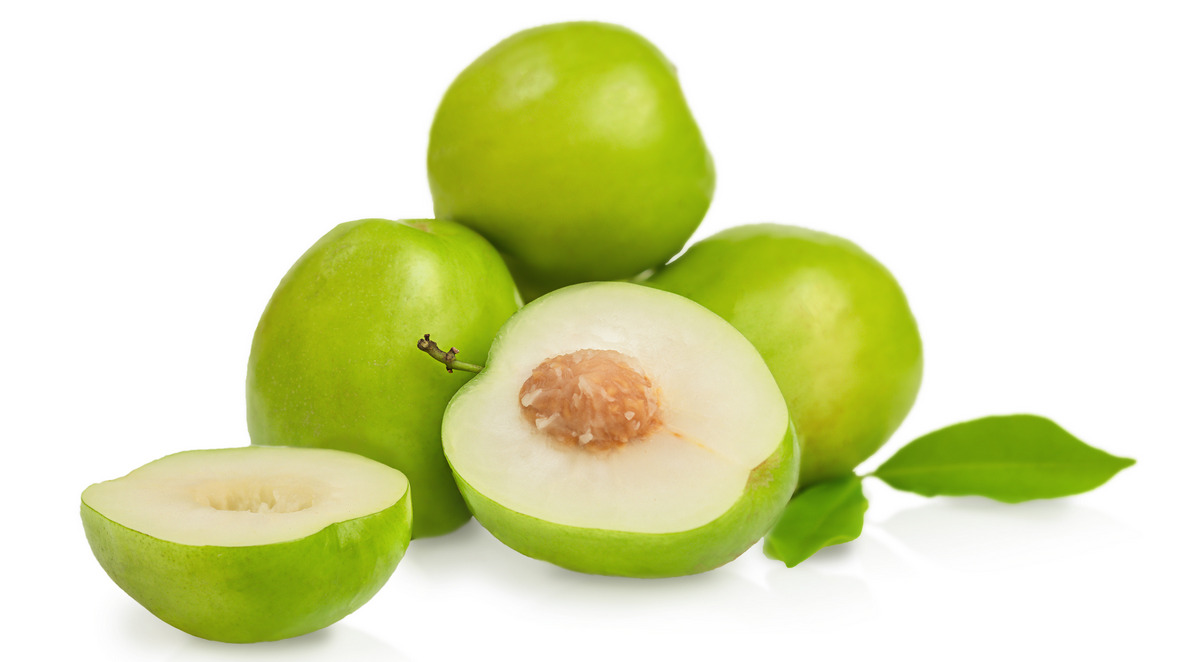How to use Jojoba oil for hair?
Jojoba oil is a natural, safe product that has a positive effect on hair condition.
Used regularly, it has amazing effects and allows you to enjoy a beautiful, healthy appearance.
Jojoba oil is both a stand-alone product and a cosmetic ingredient in hair and skin care.
Its popularity continues to grow.
Hair care is one of the latest and most popular trends in Canada.
Taking care of your hair not only keeps it beautiful and natural, it also makes it strong and healthy.
For good reason, one of the most widely used hair care ingredients is jojoba oil.
Jojoba oil has a very positive effect on hair, moisturizing it and making it look healthy and beautiful.
In addition, jojoba oil regulates sebum production in the scalp.
It can therefore be effective in combating dandruff, flaky skin and seborrhea.
In addition, jojoba oil helps protect hair from harmful external influences.
Jojoba oil is often a product in its own right, not just a hair care ingredient.
It can be applied to the ends as a leave-in conditioner to further nourish them and make them more manageable.
Some people use jojoba oil to oil their hair, making it more hydrated and maintaining its structure.
Taking care of your body is just as important as taking care of your hair.
Thanks to its versatility, jojoba oil can also be used to moisturize and protect the body’s skin.
Jojoba oil is a product that can be used to treat multiple skin and hair problems.
Not only is it all-natural, it’s also highly versatile.
It’s not for nothing that it’s the basic ingredient in many cosmetics.
The oil’s various ingredients make hair strong, well-moisturized and shiny, with no trace of dandruff or persistent seborrhea.

What is jojoba oil?
First of all, contrary to its name, jojoba oil is not an oil.
Due to its structure, it is classified as a liquid wax.
It comes from a plant called Simmondsia californica.
Known as jojoba, it is found in the Sonora Desert in North America, South America, Spain, Africa and parts of Asia.
The product is obtained by a cold-pressing process.
Jojoba oil is yellowish in color, odorless and tasteless.
Unlike other vegetable oils, it contains no triglycerides.
It can be stored for a very long time, does not go rancid and does not lose its valuable properties, so cosmetics based on this product often remain usable for many years.
Jojoba oil is also resistant to high temperatures.
Most of the time, it remains in liquid form, and it’s only before being added to cosmetics that its form is transformed into a solid, thanks to a process known as hydrogenation.
Composition of jojoba oil
One of the reasons why jojoba oil is so often used in cosmetology is because of the ingredients it contains.
The many vitamins and trace elements it contains have a beneficial effect on skin and hair.
The ingredients of jojoba oil are as follows:
B vitamins help oxygenate skin and hair, strengthen pigmentation and prevent skin irritation and lesions
Vitamin E is a natural antioxidant that acts as an anti-aging agent, restoring the skin’s youthful appearance.
Copper is responsible for increasing the body’s production of collagen and elastin, helping to smooth skin and prevent hair loss.
Chrome improves the overall appearance of skin and hair
Iodine absorbed by human skin, affects the thyroid gland and enhances its proper functioning
Zinc accelerates wound healing, soothes irritations and sunburns, and has an antibacterial effect, making it useful for acne-prone skin.
Selenium makes a significant contribution to inhibiting skin aging

For all skin types
Applying jojoba oil leaves the skin sufficiently moisturized and smooth.
The product does not clog pores, allowing the skin to breathe.
It also has an anti-wrinkle effect, slowing down the aging process and restoring the skin’s elasticity.
What’s more, the oil has antiseptic and highly regenerative properties, helping, for example, to heal burns caused by excessive sunbathing.
A remarkable feature of jojoba oil for the face is that it brings satisfactory results for both dry and oily skin.
This is thanks to its effect on sebum, a substance secreted by human skin.
In the case of dry, dull skin with visible wrinkles, the oil promotes good hydration and adds radiance.
On oily skin, on the other hand, it inhibits the overproduction of sebum, which often results in excessive facial shine and the formation of visible blackheads.
Acne-prone skin and jojoba oil
People with acneic or sensitive skin problems should also be interested in facial products based on jojoba oil.
Thanks to B vitamins, it promotes resistance to irritation and can reduce rashes caused by contact allergies.
Zinc gives the oil antibacterial properties, which are useful for the care of acne-prone skin.
Cleansing with jojoba oil
People who like to wear make-up every day will be pleased to know that jojoba oil is an excellent make-up remover.
It successfully removes stained cosmetics as well as dirt and bacteria that may have accumulated on the face after a long day.
Jojoba oil for the face will be very effective in this context.
Jojoba oil and cellulite
If you don’t like certain aspects of your appearance, such as loose skin or cellulite, you should definitely consider jojoba oil.
Regular application of jojoba to the body has been shown to significantly reduce the appearance of orange peel skin.
It also makes the skin more elastic, giving it a healthier, more beautiful appearance.
Jojoba oil is popular with cosmetologists and the general public for good reason.
First and foremost, it stands out for its natural composition, rich in numerous vitamins and trace elements.
The same goes for your skin.
Jojoba oil for the face gives the effect of a healthy, smooth complexion, prevents the formation of wrinkles and allows you to enjoy a youthful, beautiful appearance for longer.
Jojoba oil is also ideal for body care, especially for legs, buttocks and thighs, giving skin elasticity and softness.
Jojoba after shaving
Jojoba oil works well as a pre- and post-shave skin care product.
Simply spread a small amount on the legs, for example, to create a smooth surface, shave the hairs and then reapply the oil. The skin will be moisturized, and the trace elements contained in jojoba oil will help any cuts to heal quickly and regenerate the epidermis.
Thanks to its antiseptic and anti-inflammatory properties, jojoba oil is also useful for chilblains and burns.
It’s perfect for both winter and summer days.
“One of my biggest dreams is that my company will be able to change the course of one family’s life, one child at a time by giving back to the community.”







